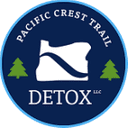Addiction recovery is no easy feat. You’ll inevitably run into hurdles, and you may slip and relapse even after thinking you've got it under control.
It will hurt you and your confidence, but when you learn to comprehend what relapses and slips in sobriety are, the better you can handle them. Here’s how you can differentiate and maneuver both.
What Is Considered A “Slip” In Addiction Recovery
A slip is an occasional setback on the road to addiction recovery. It’s a brief, commonly low-impact, and unintentional turn to a substance after a period of abstinence. The most distinctive characteristic of a slip is the absence of intention to drop the recovery plan.
Think of it like this: Your recovery plan has been going well. Then you attend a birthday party and drink a single glass of whiskey. The day after, you return to your recovery plan.
That single glass is what you call a slip.
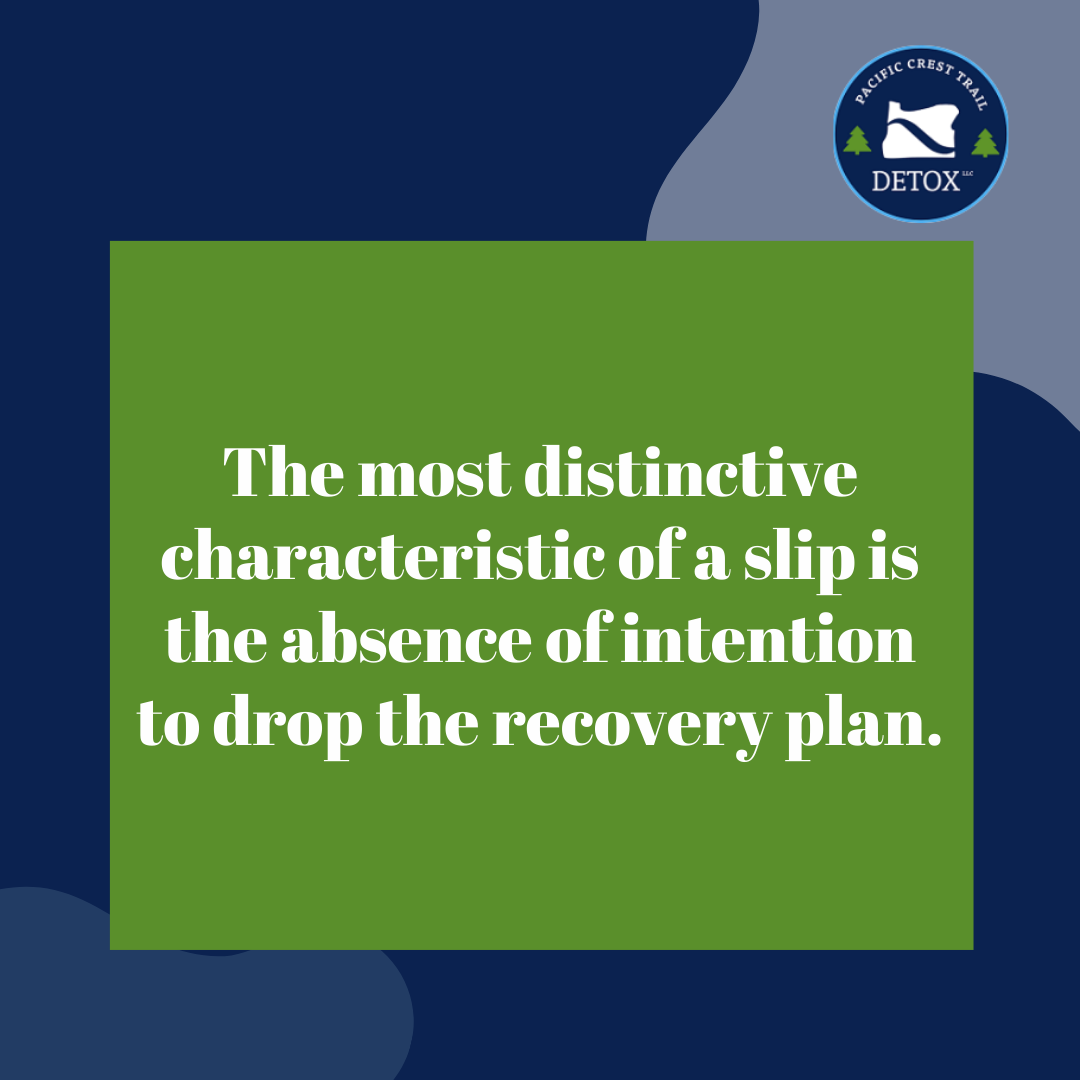 Source: Pacific Crest Trail Detox
Source: Pacific Crest Trail Detox
What Is Relapse?
Relapse is a prolonged, intentional, and high-impact return to substance use during addiction recovery. The most distinctive characteristic of a relapse is the prolonged drop of the recovery plan.
Unlike the previous example, a relapse may look like a few bottles of whiskey during a birthday party, another few bottles the following morning, and then a trip to the convenience store for a week-long alcohol supply.
As you may have noticed, there’s a lack of urgency to return to the recovery plan. This is a relapse.
The Psychological And Emotional Impacts
Of course, whether it’s a slip or relapse that you’ve experienced, both are very disheartening feats upon recognition.
Psychological And Emotional Impact Of A Slip
A slip may trigger guilt, shame, and frustration. It may feel like living proof that you are still susceptible to the substance that you’re trying to avoid.
After all, your commitment to recovery is being threatened by a single bottle. No one will expect you to feel great about it, but the pressure you may put on yourself after this may be heavy.
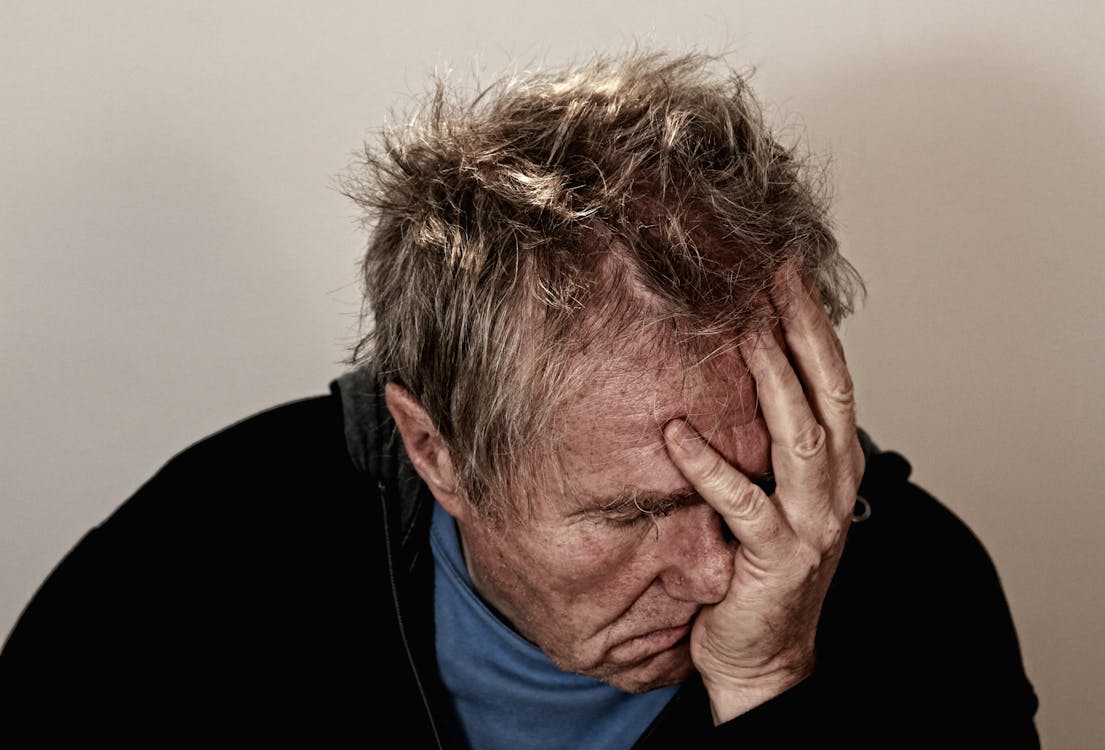 Source:
Pexels.com
Source:
Pexels.com
Psychological And Emotional Impact Of A Relapse
Relapses, as common as they may be, may cause a grave emotional toll on you. They may feel like a testament to defeat. You may ask yourself how you let yourself progress this far and "waste" it in a few weeks.
As a result, a relapse may make you question your capabilities and what matters to you; it makes you anxious about your every move, the progress you feel you have just lost, and what everyone else might think of you.
Physical And Health Implications
A slip and relapse not only affect your mental well-being; they may also have physical repercussions. These two have different implications on your health so let's dive into them.
How a Slip Can Impact You
The anxiety that you feel, the weight of what seems to be a failure, and the guilt after a slip can impact you physically as well.
You may have disruptions in your sleep patterns; you may not feel comfortable sleeping after what you have just done. In worse cases, this may also translate into fluctuations in your appetite and energy levels because of all the emotional impact your slip has triggered.
How a Relapse Can Impact You
The most dangerous health implication of a relapse is the recurrence of physical health issues.
Remember that drugs and alcohol are substances that may harm your organs when they are consumed in excess, especially your heart or liver.
After a period of sobriety, your body will also no longer be used to the same amount of alcohol or drugs as before. Given the already present conditions due to your previous addictive state, taking the same amount as before may be dangerous. In some cases, a relapse puts you at risk for overdose.
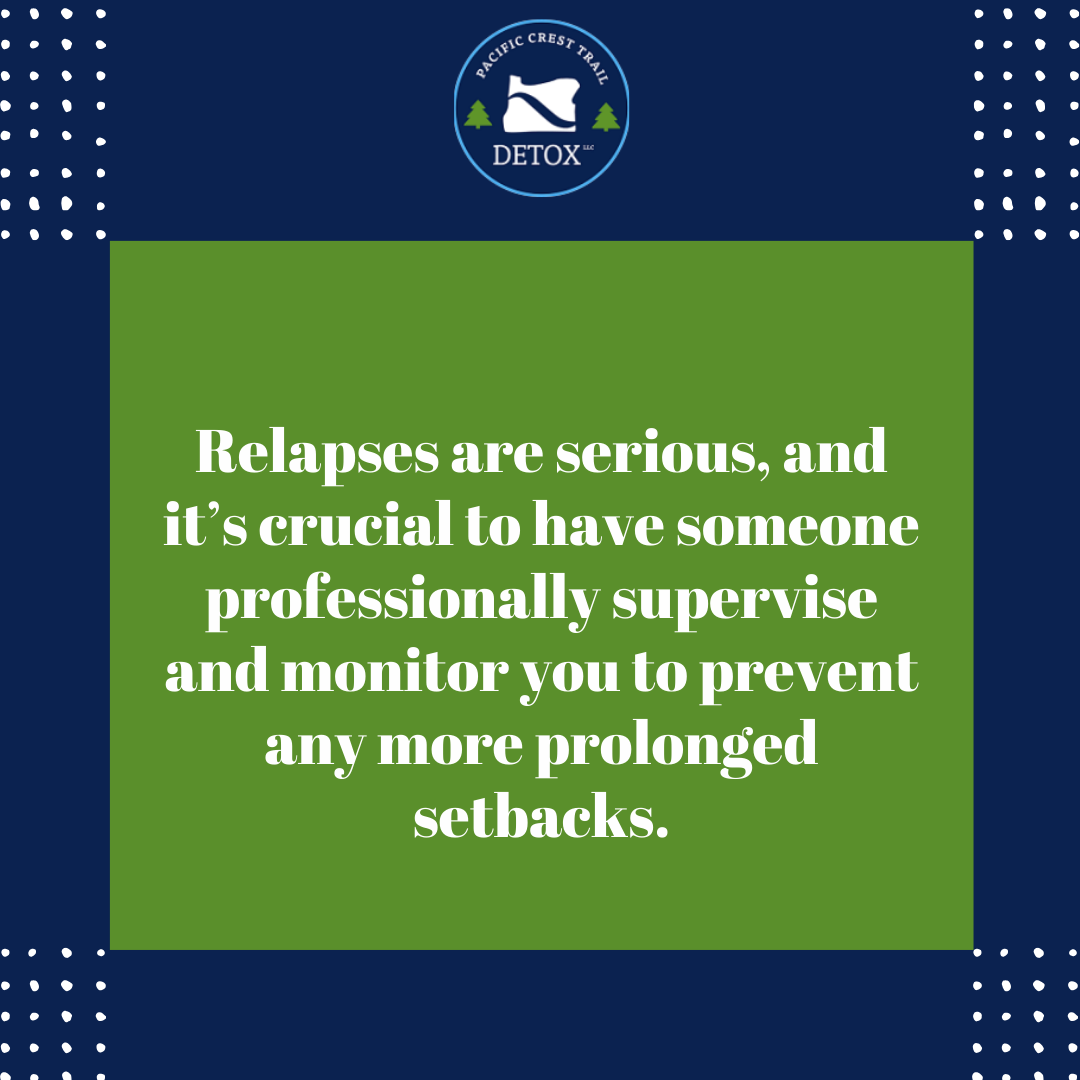 Source: Pacific Crest Trail Detox
Source: Pacific Crest Trail Detox
Tips On Handling A Slip And Relapse In Recovery
It will be challenging to figure out how to stay on track after a slip or relapse, but with smart strategies, you can get back to addiction recovery as soon as you’re ready.
Here are some tips to guide you back to recovery after a slip:
- Be kind to yourself. Remind yourself that a slip does not mean that the fight is over. You made a mistake and can acknowledge it, and work towards better.
- Reach out for support. A warm and kind support system will help you get back on track and process your feelings.
- Identify your triggers. When you understand your triggers, you know what to avoid, and how to handle them in the future.
- Reassess your recovery plan. Slips can easily turn into relapse, so it’s always a good idea to reassess your current treatment and figure out how to strengthen it.
Meanwhile, for relapse prevention and management, here are some tips to make sure you don’t fall deeper into the trap:
- Seek immediate professional support. Relapses are serious, and it’s crucial to have someone professionally supervise and monitor you to prevent any more prolonged setbacks.
- Modify your treatment plan. Identify the areas that need immediate reinforcement with your counselors. A proper plan will help you get back on track as fast and as healthy as possible.
- Avoid isolation. Allow your loved ones to remind you of your reasons behind recovery, to keep you accountable, and to help you while you get back from this rough patch.
- Take care of yourself. You'll want to beat yourself up, but eat your meals, drink your water, and get enough sleep. The healthier you are, the faster you can get back on track.
Moving Forward After A Slip Or Relapse
If there’s one thing you must get out of this article, it’s this: setbacks don’t define your journey.
Don't invalidate or reject your emotions, but be gentle with yourself and avoid dwelling on your guilt and shame; it happens, and you are only human. What’s important is that you recognize that this happened to you, that you remain accountable for yourself, and that you will try to stand back up.
So come on, stand back up, we have a journey of yours to get back to.
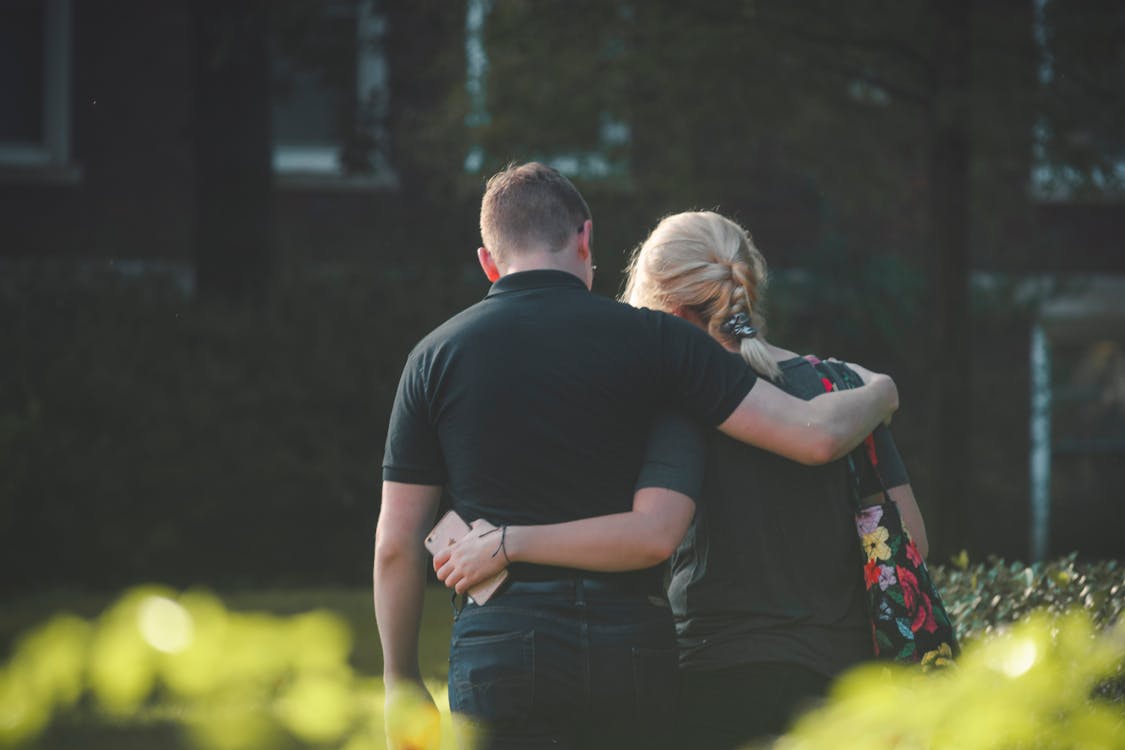 Source:
Pexels.com
Source:
Pexels.com
In Conclusion
Understanding relapses and slips will allow you to better empathize with yourself and help you recover from them. A little empathy for yourself is all it takes to begin addressing the emotional, psychological, and physical implications of these setbacks.
Take a deep breath, be kind to yourself, keep your loved ones close, and reach out for support. Your journey to recovery is and will always be worth taking.If you’re ready to take another step forward, contact Pacific Crest Trail Detox today!
